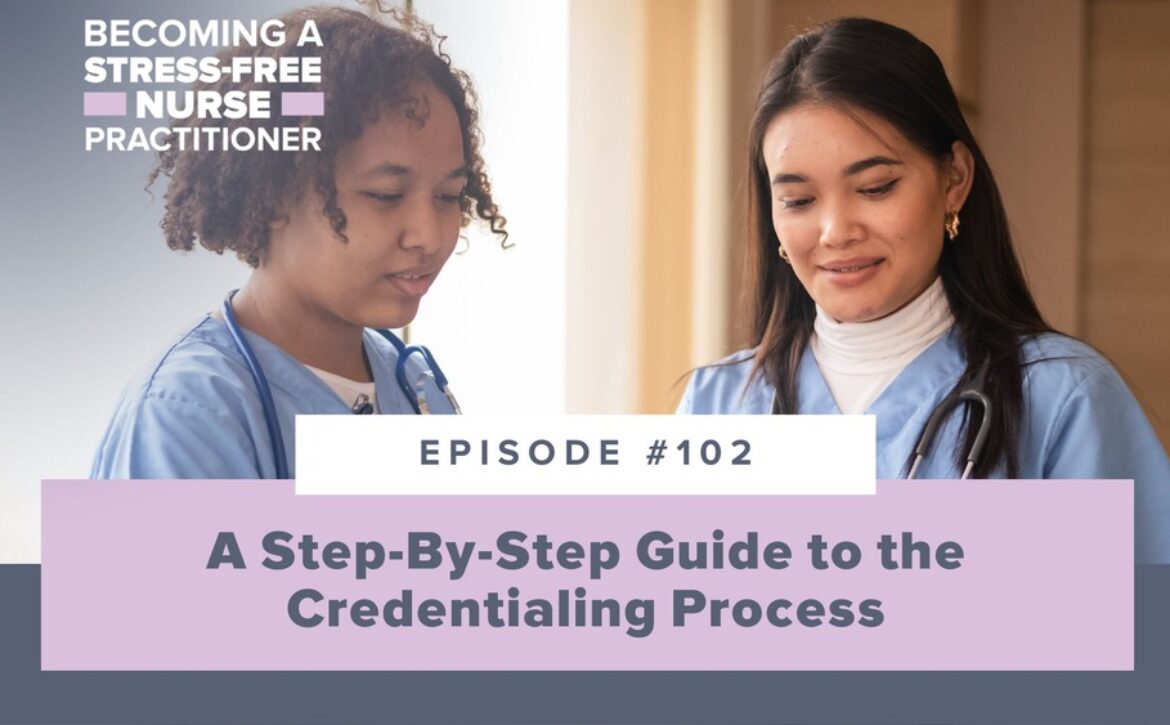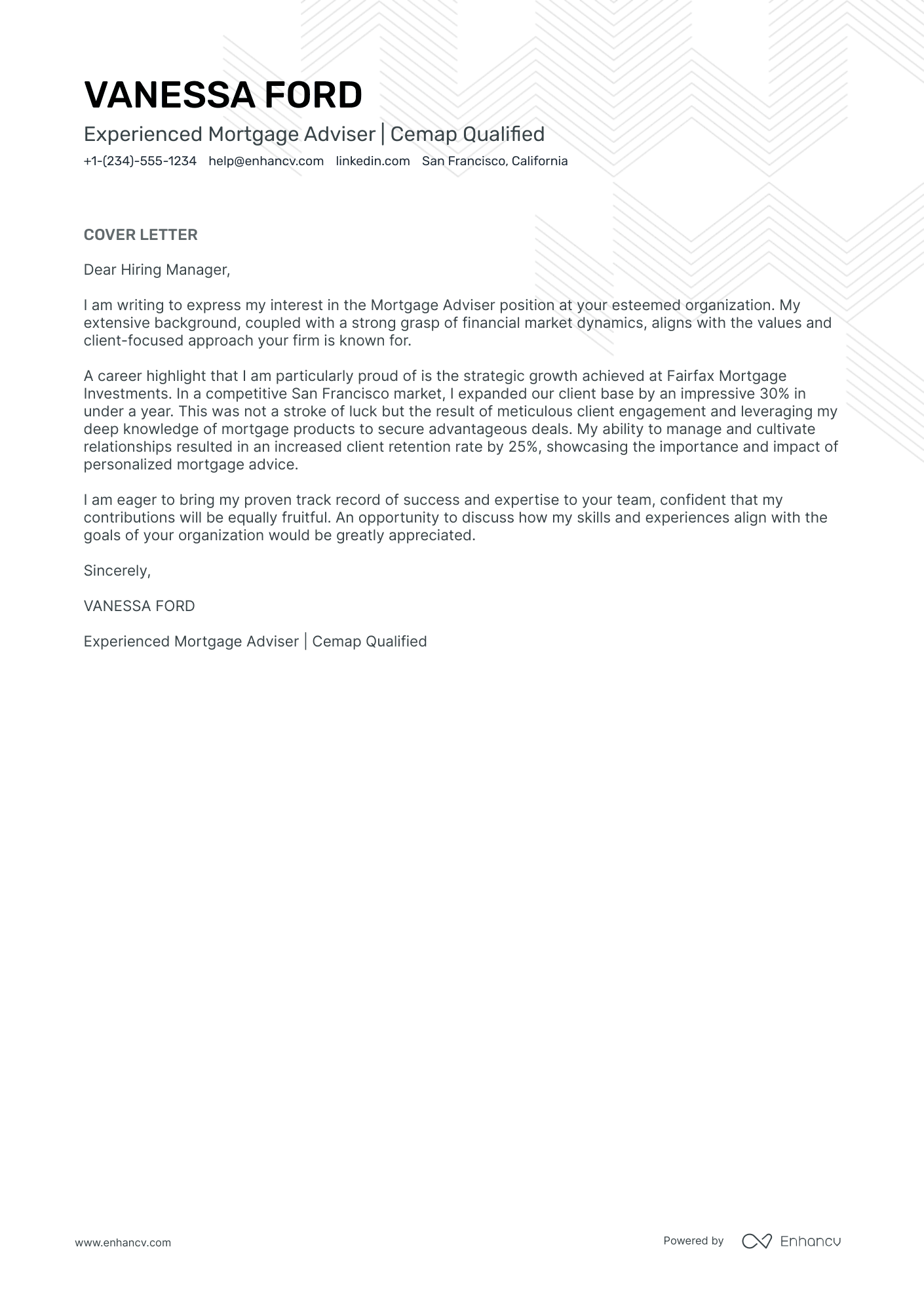How to Become a British Sign Language Interpreter Fast
Are you curious about learning a new language that opens up a world of connection and communication? Imagine being able to bridge the gap between the hearing and the Deaf communities, making a real impact in people’s lives.
British Sign Language (BSL) offers you this incredible opportunity. Whether you’re looking to enhance your career, connect with friends or family, or simply expand your skill set, learning BSL can be a rewarding and enriching experience. In this guide, we’ll explore the steps to becoming proficient in British Sign Language, providing you with practical tips and resources to ensure your success.
Get ready to unlock a new dimension of communication and make a difference in your world.

Understanding British Sign Language
Understanding British Sign Language (BSL) opens new communication doors. It connects people who are deaf or hard of hearing with the world. Learning BSL enriches communication skills and fosters inclusivity. Dive into its basics and grasp its importance to enhance your understanding.
Basics Of Bsl
BSL uses hand gestures, facial expressions, and body language. It is unique to the UK. BSL is visually rich and expressive. Each gesture carries meaning, just like words in spoken language. BSL has its own grammar and syntax, distinct from English. Fingerspelling is essential, used for names or specific terms. Practice regularly to build fluency in BSL.
Importance Of Bsl
BSL bridges communication gaps for the deaf community. It empowers individuals by providing equal access. Understanding BSL fosters inclusion and empathy. It enhances job opportunities in various fields. Professionals with BSL skills are valued in education, healthcare, and customer service. Learning BSL promotes diversity and supports social integration.

Skills Required For Interpretation
Becoming a British Sign Language (BSL) interpreter is a rewarding journey. It requires a unique set of skills. These skills are essential for effective communication between the hearing and Deaf communities. A deep understanding of language, culture, and communication is crucial. Let’s explore the core skills needed for BSL interpretation.
Communication Skills
Communication skills are vital for any interpreter. An interpreter must convey messages clearly and accurately. This requires excellent listening skills. They must understand both spoken and signed languages. Interpreters also need to express emotions and nuances. This ensures the message is delivered effectively. Good communication skills build trust with clients. They help in maintaining professionalism and clarity.
Cultural Awareness
Cultural awareness is another important skill. BSL interpreters must understand Deaf culture. This goes beyond just language. It includes understanding social norms and values. Respecting cultural differences is key. Interpreters should be sensitive to these nuances. This awareness helps in avoiding misunderstandings. It ensures that communication is respectful and effective.
Educational Pathways
Choosing the right educational pathway to become proficient in British Sign Language (BSL) opens doors to effective communication with the Deaf community. Whether you’re pursuing it as a career or a personal interest, the journey is filled with rewarding experiences and opportunities for growth. Let’s explore the diverse avenues available to you, focusing on certification programs and online courses that can enhance your skills.
Certification Programs
Certification programs are a structured way to master BSL. They offer a comprehensive approach, ensuring you gain practical skills and theoretical knowledge. Many institutions provide these programs, each with unique benefits and focus areas.
For instance, enrolling in a program from a recognized college or university can boost your credibility. These programs often include hands-on practice, allowing you to interact directly with Deaf individuals. You can expect to learn everything from basic signs to advanced communication techniques.
Consider the commitment required. Certification programs usually demand regular attendance and assessments. They are perfect if you thrive in a classroom setting with direct support from tutors. What’s your learning style? Certification programs might be the perfect fit if you prefer structured learning.
Online Courses
Online courses offer flexibility, making it easier for you to fit learning into your busy schedule. They cater to different proficiency levels, from beginners to advanced learners. You can choose courses that match your current skill set and progress at your own pace.
Platforms like Skillshare, Udemy, or specialized BSL websites provide interactive modules. These courses often include video lessons, quizzes, and live interaction opportunities. A friend of mine started with an online BSL course and found the interactive modules invaluable for building confidence.
Think about the convenience and accessibility online courses offer. You can learn from anywhere, anytime, without the constraints of a physical classroom. Are you ready to take control of your learning journey? Online courses might be the solution you need.
Embarking on the BSL educational pathway is a personal decision that can profoundly impact your ability to connect with the Deaf community. Whether you choose a certification program or online course, ensure it aligns with your learning style and life commitments. Your journey to mastering British Sign Language is just beginning. What path will you choose?

Accelerated Learning Techniques
Explore accelerated learning techniques to quickly grasp British Sign Language. Focus on visual cues and practice consistently. Break down complex signs into simpler parts to understand them easily.
Accelerated Learning Techniques Learning British Sign Language (BSL) can be a rewarding journey, especially when using accelerated learning techniques. These techniques are designed to speed up your learning process while ensuring that you retain the language effectively. The key lies in combining various methods that cater to different learning styles and needs.
Immersive Learning
Immersive learning is about surrounding yourself with BSL as much as possible. This can be achieved by consuming media in BSL, such as watching videos, films, or TV shows with sign language interpretation. Try attending events where BSL is the primary mode of communication. This gives you a chance to see signs in action and understand how they fit into real conversations. Consider joining BSL clubs or workshops. They provide an environment where everyone communicates using BSL, giving you a full immersion experience. This method mirrors how many people learn spoken languages quickly by living in a country where the language is spoken.
Practice With Native Signers
Practicing with native signers is invaluable. It allows you to witness firsthand the nuances and expressions unique to BSL that might not be evident in textbooks. Reach out to communities or organizations that support BSL learners and native signers. Many offer exchange programs or meetups where you can practice your skills. Imagine the confidence boost when you successfully hold a conversation with someone fluent in BSL. It’s not just about learning signs; it’s about understanding culture and context too. Engaging directly with native signers can deepen your understanding and improve your fluency in BSL. Are you ready to embrace these techniques and enhance your BSL learning journey? Implementing these strategies can make a significant difference in how quickly and effectively you learn.
Gaining Experience
Gaining experience is crucial for mastering British Sign Language (BSL). It helps enhance your skills and boosts your confidence. Engaging in real-world practice allows you to apply what you’ve learned. This section explores ways to gain practical experience in BSL. Let’s dive into volunteering and internship options available.
Volunteering Opportunities
Volunteering offers a fantastic way to practice BSL in real settings. Many organizations welcome volunteers to assist with deaf communities. This involvement not only improves your skills but also builds meaningful connections. Local deaf clubs often seek volunteers for events and activities. It’s a great chance to immerse yourself in BSL culture. Check with community centers or deaf associations for volunteer positions.
Internship Programs
Internship programs provide structured learning environments for BSL learners. Many charities and non-profits offer internships focused on deaf services. These programs usually involve working with experienced BSL users. You gain hands-on experience and learn from professionals in the field. Internships often include training sessions and mentorship opportunities. They are ideal for those seeking a deeper understanding of BSL and its applications. Explore internship listings on charity websites or career portals.
Networking In The Community
Networking in the community is a vital step in your journey to becoming proficient in British Sign Language (BSL). Building connections with others who share your passion can enrich your learning experience and provide invaluable support. You’ll find yourself learning faster and more enjoyably when you engage with a community that communicates through BSL daily. But where do you start?
Joining Bsl Groups
Start by joining BSL groups, both online and offline. These groups often consist of learners and fluent signers who can offer guidance and support. Websites like Meetup or Facebook have dedicated groups for BSL enthusiasts. Engage with these communities, ask questions, and share your progress. You might be surprised at how willing people are to help you improve.
Consider attending local BSL meetups if available. Meeting in person can strengthen your skills and confidence. You’ll gain practical experience and build friendships that make learning more enjoyable. Could joining a group be the missing link in your learning path?
Attending Workshops
Workshops offer structured learning opportunities and are fantastic for networking. These events allow you to practice with experienced signers and fellow learners. Attend workshops organized by local deaf associations or language schools. They often feature experienced instructors who can help you refine your skills.
Participating in workshops provides more than just skill enhancement. It’s a chance to meet others who are passionate about BSL. You’ll hear stories from people at different stages of their learning journey. What insights will you gain from someone who has been where you are now?
Remember, networking is not just about improving your language skills. It’s about becoming part of a vibrant, supportive community. As you network, you’ll find resources, encouragement, and friendships that last a lifetime. Why wait to start building these connections?
Job Search Strategies
Finding the right job as a British Sign Language interpreter can be challenging. Good strategies help in securing a rewarding position. This section offers advice to boost your job search success.
Building A Portfolio
A strong portfolio showcases your skills and experience. Include details of your training, certifications, and any volunteer work. Highlight unique projects to make your portfolio stand out.
Use clear images and videos demonstrating your sign language skills. This visual proof speaks volumes to potential employers. Update your portfolio regularly to reflect your growth and new achievements.
Preparing For Interviews
Interview preparation is crucial for success. Research the organization you are applying to. Understand their values and needs. This knowledge helps tailor your answers effectively.
Practice common interview questions related to sign language interpreting. Focus on your strengths and experiences. This practice builds confidence and ensures clarity during the interview.
Dress professionally and arrive early. Your first impression matters. Show enthusiasm and readiness to contribute to their team. Employers appreciate candidates who are eager and prepared.
Continuing Professional Development
Continuing Professional Development (CPD) is crucial for anyone learning British Sign Language (BSL). It ensures interpreters stay updated and maintain high standards. CPD helps in refining skills and expanding knowledge. It also opens doors to new opportunities in the field. Engaging in CPD is a commitment to excellence.
Advanced Training
Advanced training is vital for honing your BSL skills. It involves attending workshops and seminars. These sessions cover complex topics and emerging trends. Participating in advanced courses boosts your confidence. It prepares you for challenging interpreting tasks. Many organizations offer specialized training programs. Choose those that align with your career goals. Stay curious and eager to learn more.
Certifications
Certifications validate your proficiency in British Sign Language. They enhance your credibility as a BSL interpreter. Various levels of certification are available. Begin with Level 1 and progress to Level 6. Each level builds on the previous one. Earning certifications can improve job prospects. They are recognized by employers and clients. Make certifications a part of your CPD journey.
Frequently Asked Questions
What Is British Sign Language?
British Sign Language (BSL) is a visual language used by the deaf community in the UK. It has its own grammar and syntax, distinct from spoken English. BSL utilizes hand gestures, facial expressions, and body language to communicate. It’s recognized as a minority language in the UK.
How Can I Learn British Sign Language?
You can learn BSL through online courses, community classes, or private tutors. Many organizations offer structured programs, ranging from beginner to advanced levels. Practicing with native BSL users is beneficial. Online resources and apps also provide interactive ways to practice and improve your skills.
Are There Different Dialects In Bsl?
Yes, BSL has regional dialects with variations in signs across the UK. Different regions may use distinct signs for the same word. These variations make BSL rich and diverse. Understanding regional differences is important for effective communication with BSL users from different areas.
What Are The Benefits Of Learning Bsl?
Learning BSL enhances communication with the deaf community and promotes inclusivity. It improves cognitive abilities, such as memory and spatial awareness. BSL skills can also enhance career opportunities in fields like education and social work. It’s a rewarding skill that fosters empathy and understanding.
Conclusion
Becoming fluent in British Sign Language takes time and dedication. Start with basic signs and practice daily. Join BSL courses for structured learning. Engage with the Deaf community to enhance your skills. Practice is key. Use online resources and apps for additional practice.
Remember, patience is important on this journey. Celebrate small victories along the way. Your efforts will make communication more inclusive. Enjoy the process of learning and connecting. Keep going, and you will succeed. British Sign Language opens doors to a new world.
Stay committed and passionate. You’re on a meaningful path.
































